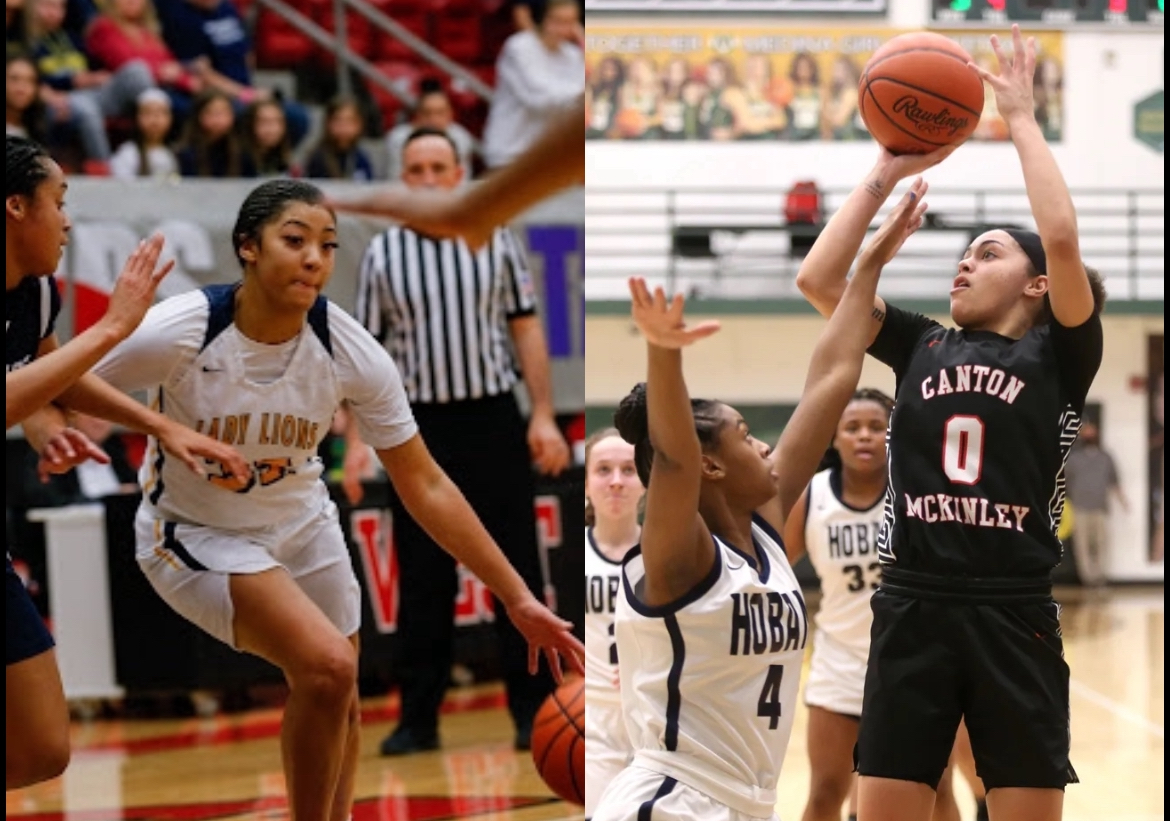
Amidst the ongoing discourse surrounding gender and fairness in sports, a girls’ high school basketball team recently made waves by refusing to compete against a team comprising biological male players. Their rationale was succinct yet profound: “It’s not right.” While sparking controversy, their decision underscores the intricate and sensitive nature of the intersection between gender identity and sports fairness.
Central to this debate is the complex relationship between gender identity and athletic competition. The inclusion of transgender athletes in sports has long been a contentious issue, with proponents of transgender rights advocating for inclusivity and the freedom for athletes to compete based on their gender identity. Conversely, critics raise concerns about the fairness of such participation, particularly in female sports, citing potential physical advantages gained through male puberty.
The girls’ basketball team’s refusal to participate prompts essential questions about the essence of fair competition. Is it equitable to expect young female athletes to compete against individuals who may possess inherent physiological advantages? Conversely, is it justifiable to prevent athletes from participating in categories aligned with their gender identity? This dilemma lies at the heart of contemporary sports discourse.
Their action transcends mere dissent; it contributes to a broader dialogue on fairness and inclusivity in sports. It reflects a collective effort to redefine notions of fairness, competition, and acceptance.
Moving forward, the primary challenge lies in striking a balance that honors the rights and identities of all athletes while upholding the integrity of competitive sports. Achieving this necessitates candid discussions and a willingness to reassess established norms.
Ultimately, the stance adopted by the girls’ basketball team epitomizes a larger, ongoing conversation—one that transcends the realm of sports to encompass broader societal values. How we navigate and resolve these discussions will shape the future landscape of competitive sports and echo our shared principles.